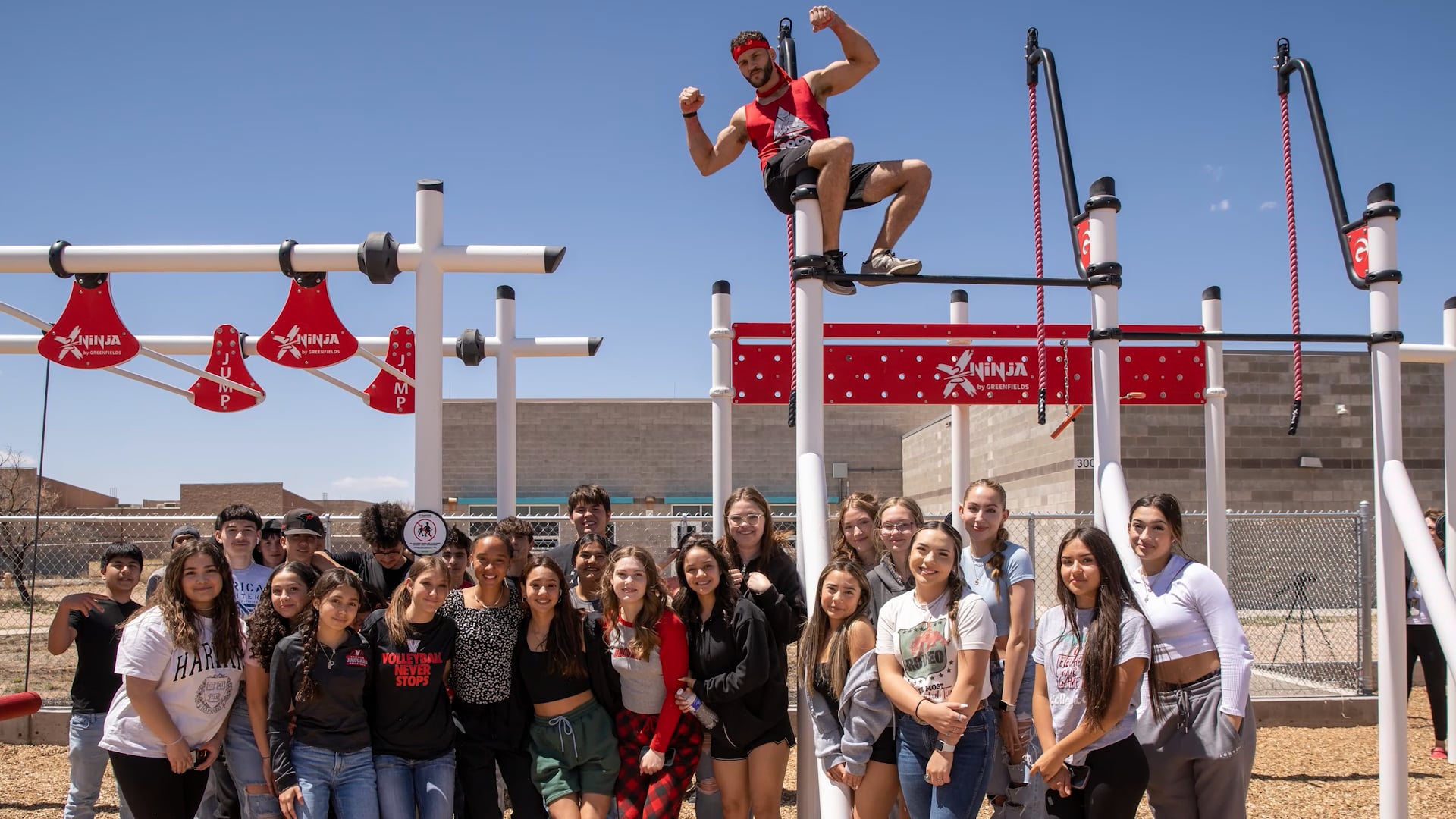Cognitive strength and conditioning: Professional robustness
I’ve been talking about robustness in terms of physiology, structure, and adaptability, but the same principles apply upstream, to how we reason, interpret and apply information. Especially research.
Let’s call this professional robustness — the ability to navigate uncertainty, absorb complexity, and still make good decisions. It’s a form of cognitive strength and conditioning. Not just memorizing facts or chasing the latest study, but training your judgment system the way we train tissue tolerance and motor control.
If we revisit the three profiles above — The Durable Performer, The Fragile System, and The Unexpected Variable — we may start to see how these same themes play out in how professionals consume, interpret and apply human performance research.
The Durable Performer → The Durable Thinker
Not flashy. Not quoting the latest study every week. But their coaching decisions hold up over time, across individuals, cycles and chaos. They understand and use research, but they don’t need a new paper to adjust a warm-up or progress a hinge pattern.
These are the pros who’ve built mental models through repetition and reflection. They’ve trained their internal systems to spot patterns, manage exceptions, and deliver outcomes without being overdependent on trends.
Some of us are the older coaches, those who built their instincts in the field but still keep learning. Others are newer coaches showing up with sports science credentials, but who know they’re standing on the shoulders of professionals who’ve coached real humans under real conditions and constraints.
And here’s what they really understand:










